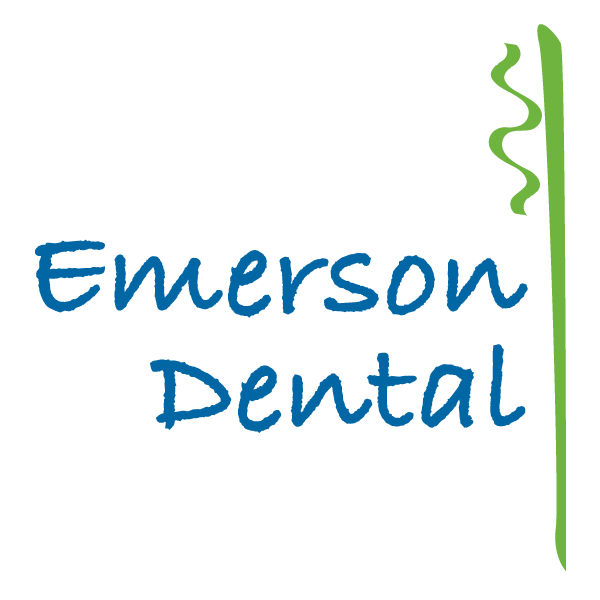Periodontal disease, more commonly known as gum disease, is one of the most common oral health conditions affecting adults over the age of 30, though it can occur in patients of all ages. In the early stages it is easily treatable, but without treatment it can progress to a potentially serious condition.
Scaling and root planing are two periodontal procedures used to treat and prevent gum disease. What exactly is gum disease and how does scaling and root planing help? Here’s what you should know.
What is Gum Disease?
Gum disease is a bacterial infection of the gums. It is caused by a buildup of plaque on the teeth at or below the gumline. Plaque is a sticky film made of food residue and bacteria. It clings to the teeth and settles into small spaces, such as pockets between the teeth and gums. When plaque is not removed from the teeth it hardens into calculus, which is more difficult to remove and contains more mature bacteria that are capable of infecting the gums.
Symptoms of Gum Disease
Gum disease is most often characterized by the following symptoms:
- Swollen gums. The infection causes the gums to swell due to inflammation.
- Red gum tissue. The inflamed gum tissue also turns bright red as opposed to the natural light pink color of healthy gum tissue.
- Bleeding gums. Your gums may bleed when you brush or floss your teeth.
- Bad breath. The bacteria causing gum disease can give your breath a foul odor.
- Loose teeth. When gum disease goes untreated the gum tissue pulls away from the teeth, causing them to become loose and even fall out.
What Does Scaling and Root Planing Entail?
Scaling and root planing are two procedures that are combined to treat gum disease.
- Scaling. When plaque hardens into calculus it can only be removed with special dental tools. Calculus forms on the roots of the teeth under the gums in severe cases of gum disease. Scaling is the process of removing calculus from the roots of the teeth.
- Root planing. After the calculus is removed from the roots, it often leaves them uneven and rough. Root planing smooths the surface of the roots so that the gum tissue can reattach firmly without spaces between the gums and teeth, eliminating pockets where bacteria can reside.
Who Can Provide Scaling and Root Planing?
Dentists and periodontists both provide scaling and root planing services. A periodontist is a dental specialist who focuses primarily on conditions and treatment for the support structures for the teeth, including the gums. General dentists can also provide treatment for gum disease, including scaling and root planing, and may only refer you to a periodontist if specialized treatment is required.
How Often Do I Need Periodontal Maintenance?
Scaling and root planing may need to be done repeatedly for a while to keep gum disease from recurring. This is referred to as periodontal maintenance. Your dentist can recommend a schedule for periodontal maintenance based on the rate at which you develop plaque and calculus on your teeth. This individualized plan will offer the best chance of keeping gum disease at bay.
Emerson Dental Provides Periodontal Services
Emerson Dental offers a wide range of dental services including periodontics. We strive to provide for all of your dental needs in one location. Our services include general dentistry, periodontics, endodontics, orthodontics, pediatric dentistry, and more. As a family dental practice we treat patients of all ages, allowing you the convenience of taking the whole family to one dentist.
Contact us today to learn more and schedule an appointment at one of our two convenient office locations.

